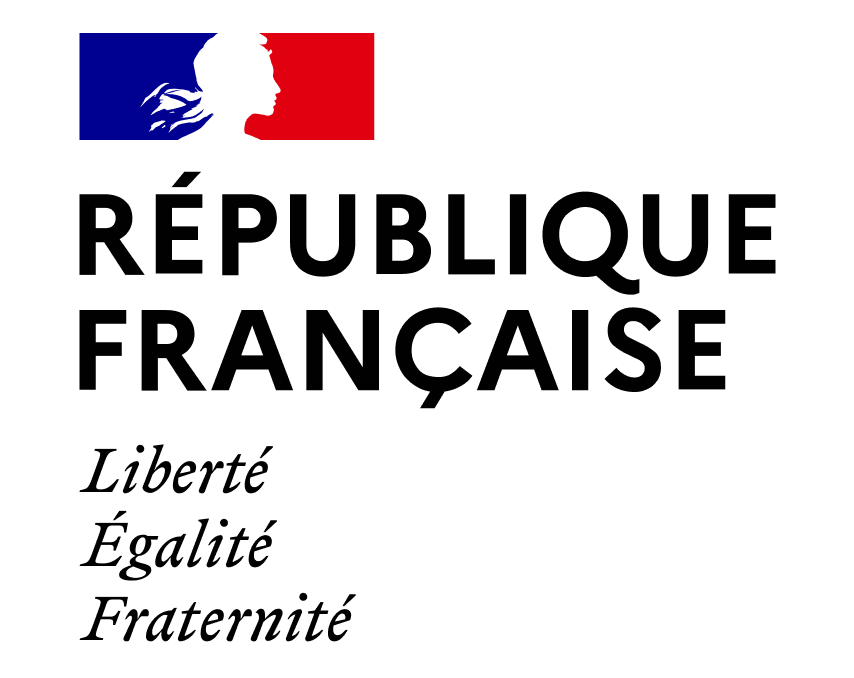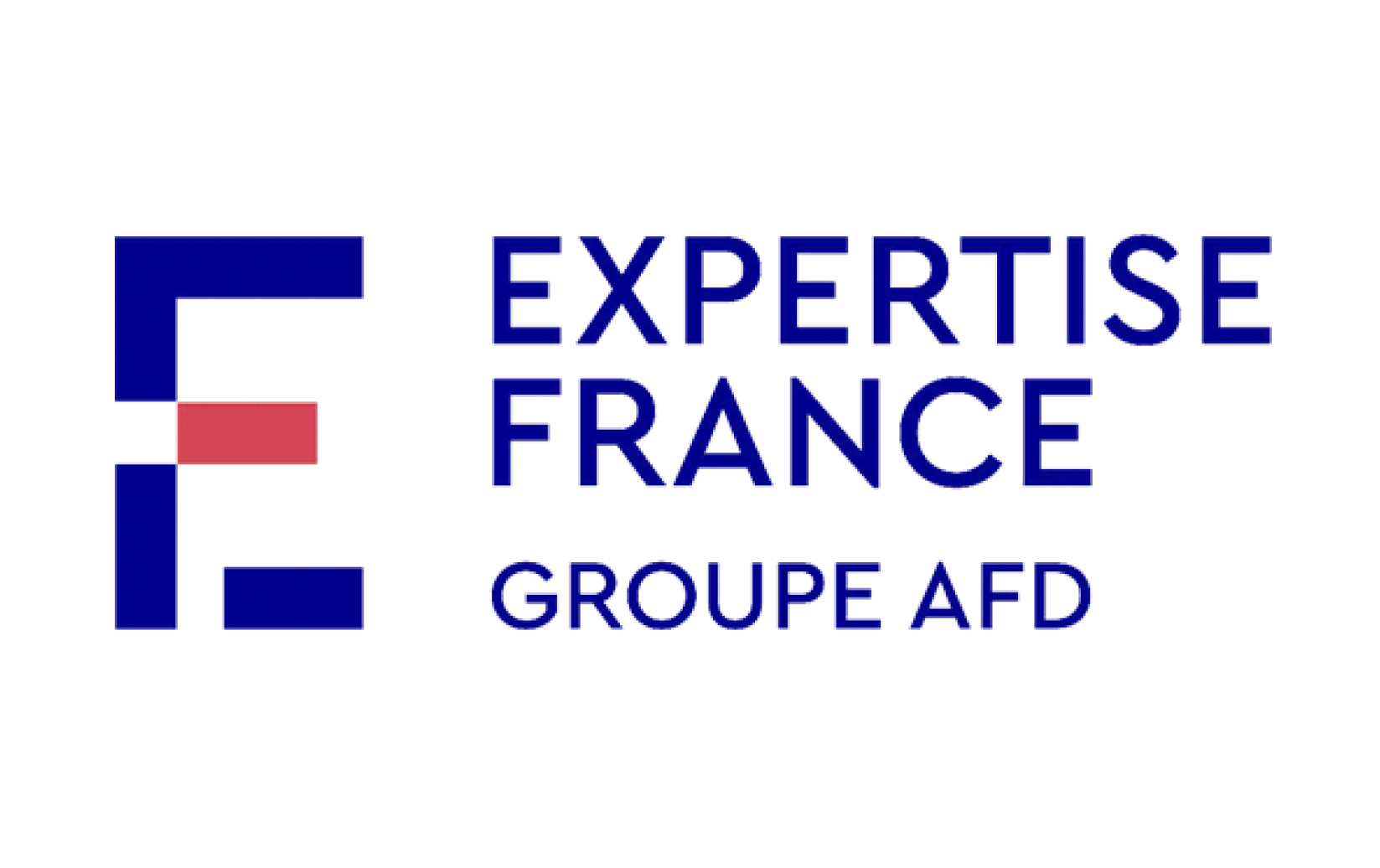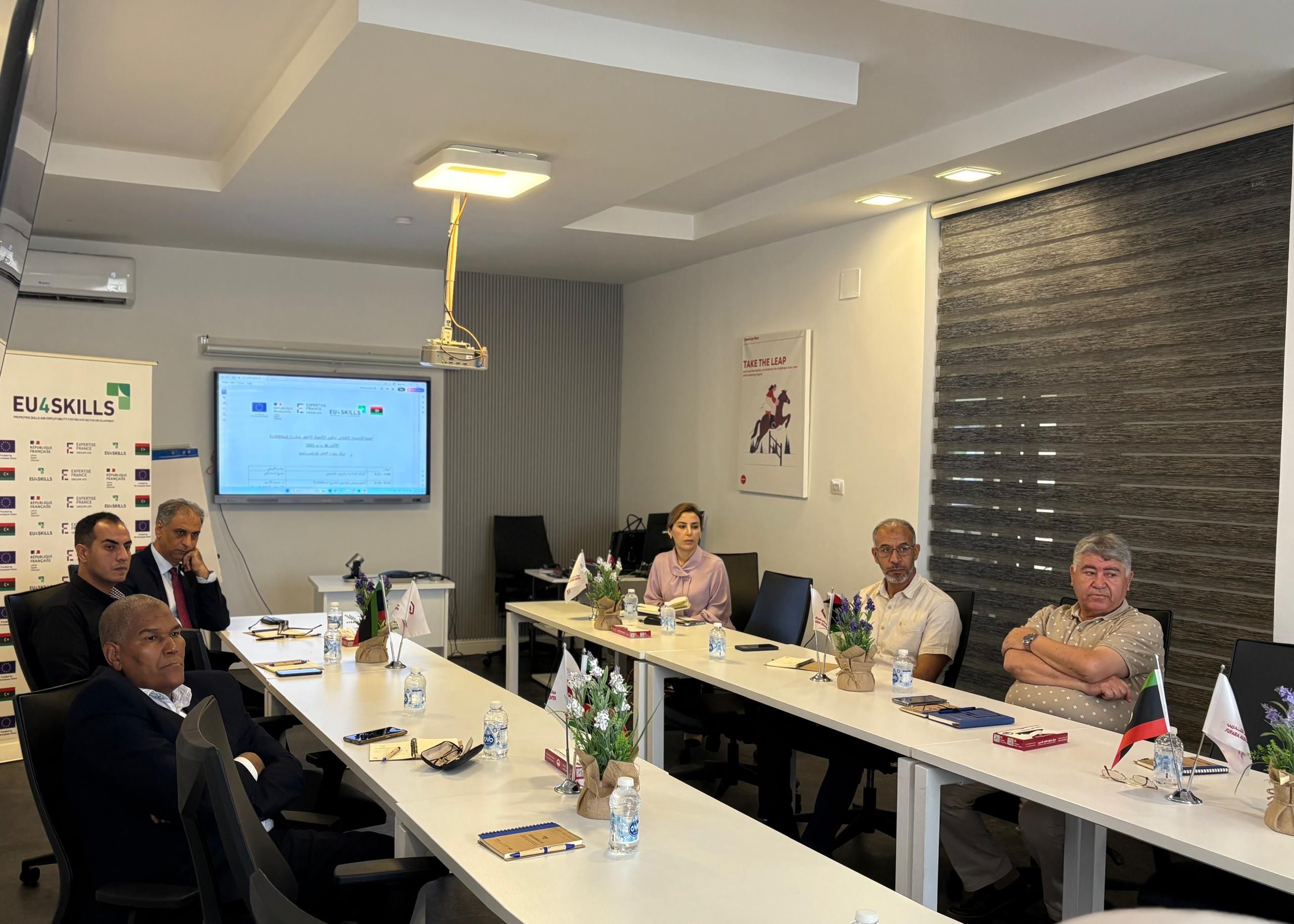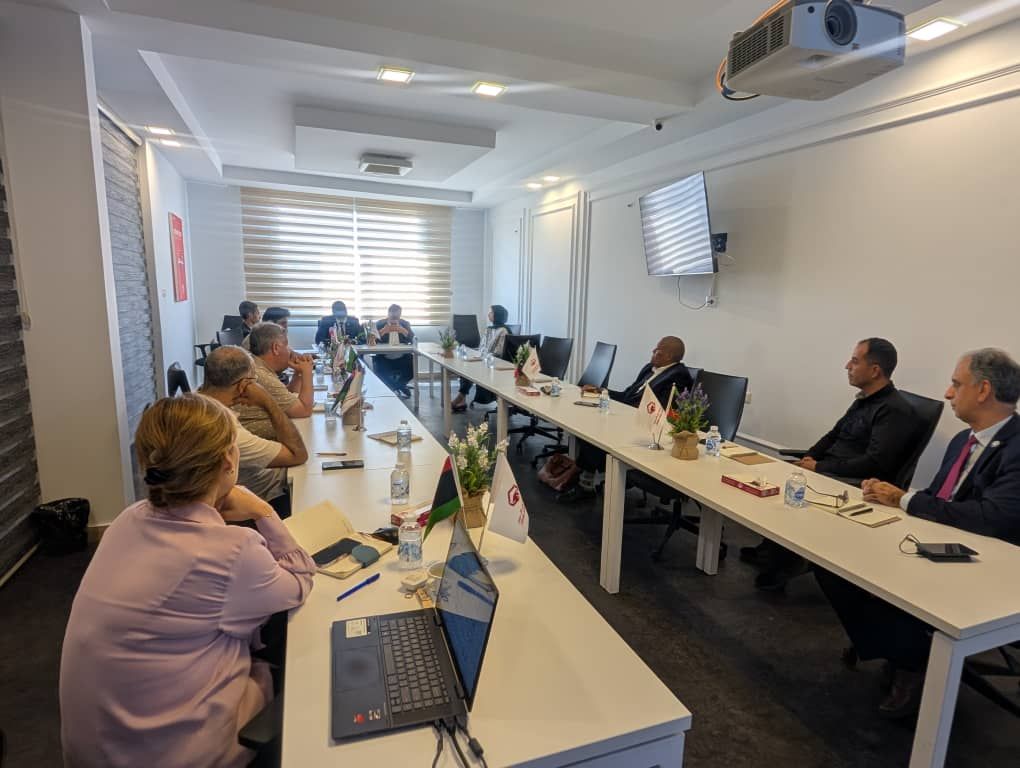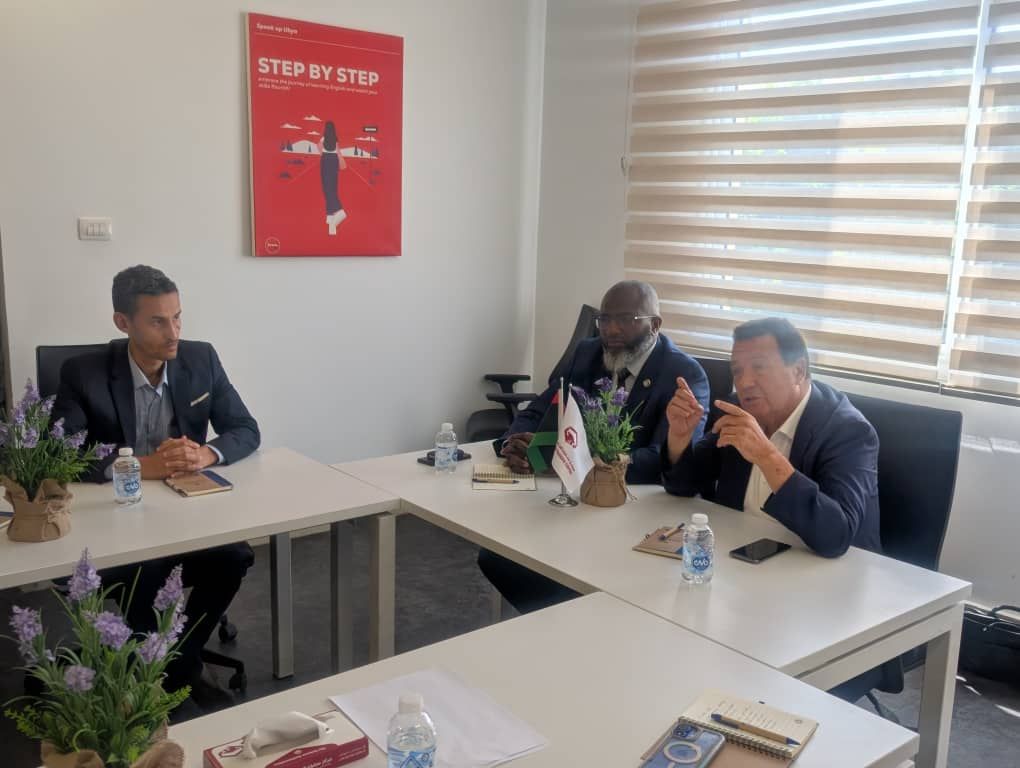Driving Sustainable Growth: Green Economy Component of EU4SKILLS Kicks Off in Tripoli
On Monday, June 30, 2025, Tripoli hosted a special meeting focused on the Green Economy component of the EU4SKILLS project. The event was attended by a group of stakeholders, representatives from educational institutions, and relevant entities, with the aim of launching green economy activities and developing a practical strategy to achieve tangible results that would enhance skills efficiency in the fields of the green economy and renewable energy.
The meeting opened with welcoming remarks by Mr. Saad Al-Hneish, Deputy Minister of Economy and Trade for Economic Affairs, who emphasized the importance of human resources in driving Libya’s economy. He praised the project for supporting the Ministry of Economy and Trade’s efforts in diversifying the economy and creating job opportunities. Mr. Mohamed Al-Aswad, Deputy Program Director at Expertise France in Libya, also stressed the importance of supporting skills development and fostering collaboration to create opportunities for sustainable development in Libya. Additionally, Ms. Yosra Bennaji, Director of the Green and Blue Economy Component of the project, delivered an introductory presentation outlining the core objectives and main pillars of this component.
The discussions during the meeting, attended by deans and academics from specialized colleges and departments in Tripoli, Misrata, Benghazi, Wadi Al-Shati, and Ajkhera, centered on the importance of developing educational curricula and vocational training. This is aimed at preparing a national workforce capable of operating in renewable energy sectors, as part of a comprehensive strategy to diversify the Libyan economy and enhance employment opportunities. The participants also reviewed the general framework of the planned training activities, including the train-the-trainers program, which will serve as a key pillar of this component.
It is noteworthy that this meeting is held within the framework of the EU4SKILLS project, funded by the European Union, with co-funding from the French government, and implemented by Expertise France in partnership with Libyan institutions. The overall goal of the project is to develop skills, enhance employment opportunities, support sustainable and digital economic transitions in Libya, and facilitate access to finance for micro, small, and medium enterprises.
